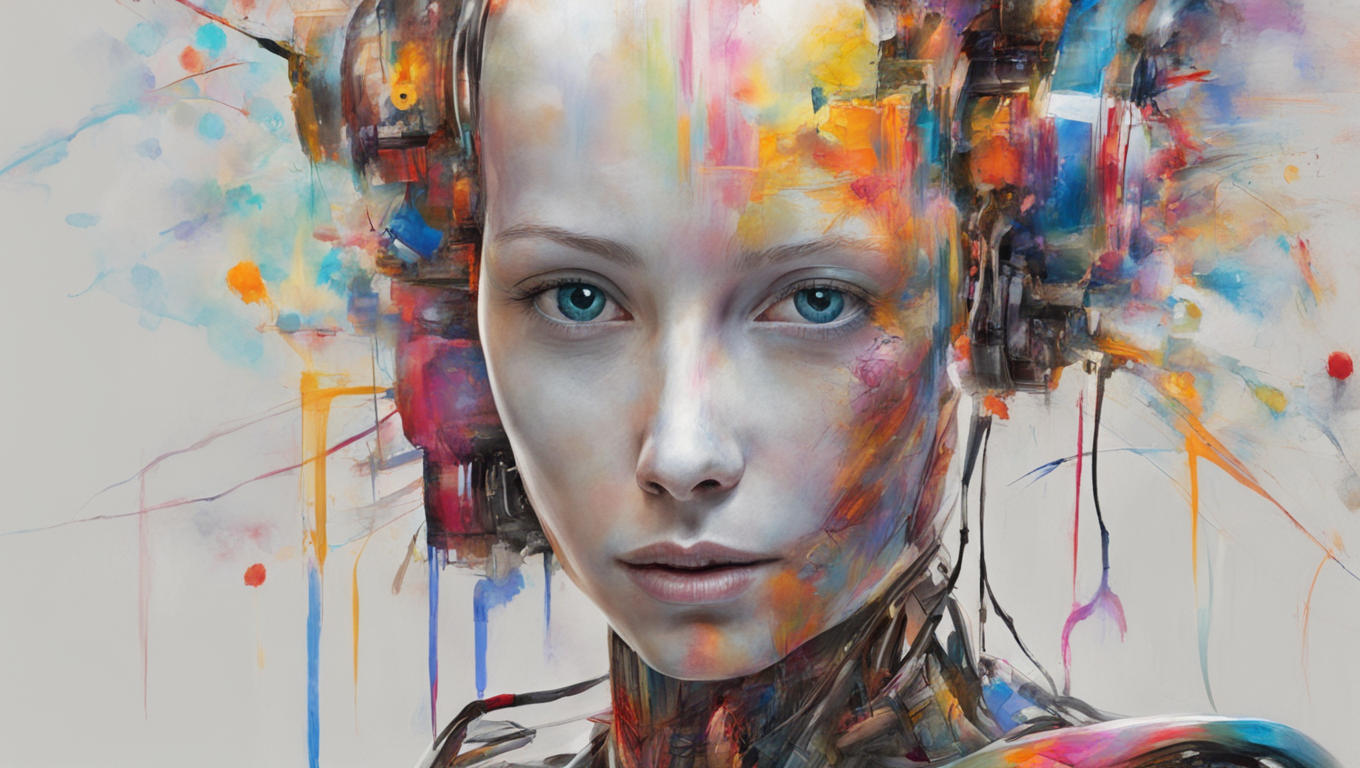Artificial intelligence (AI) has long been touted as a technology that can push the boundaries of human capabilities. Now, a recent study published in Scientific Reports suggests that AI may have the potential to surpass human creativity. Researchers from the University of Arkansas conducted a series of tests pitting ChatGPT-4, a natural language processing model developed by OpenAI, against 151 human participants.
The tests were designed to measure divergent thinking, which is the ability to provide unique answers to questions that have no expected solutions. The study presented three categories of questions to both the human participants and the AI model: the “Alternative Use Task,” where participants were asked to provide alternative uses for objects like a fork or a rope; the “Consequences Task,” which required responses to hypothetical situations; and the “Divergent Association Tasks,” which asked for a list of nouns that are as semantically distant as possible, such as “cat” and “ontology.”
To the surprise of the researchers, ChatGPT-4 outperformed the human participants in all three tests. The AI model demonstrated higher levels of originality and elaboration, even when controlling for the fluency of responses. In the words of the study’s authors, “GPT-4 demonstrated higher creative potential across an entire battery of divergent thinking tasks.”
The study suggests that one potential reason for this discrepancy between human and AI responses lies in the human tendency to ground answers in the real world. Humans are inclined to think conventionally, leading to more conventional responses. AI, on the other hand, is not constrained by pre-existing knowledge and can generate more innovative solutions.
However, it is essential to note that AI still depends on human input to generate any content. As the study’s authors explained, “the creative potential of AI is in a constant state of stagnation unless prompted.” This means that even though AI can outperform humans in certain creative tasks, it still requires human guidance and input.
Nevertheless, the researchers are optimistic about the future possibilities of AI in aiding human creativity. They believe that AI can act as a tool of inspiration and assist in overcoming creative fixedness. The authors state, “Moving forward, future possibilities of AI acting as a tool of inspiration, as an aid in a person’s creative process or to overcome fixedness is promising.”
This study adds to the growing body of evidence showcasing the ever-improving capabilities of AI. While its potential has been mainly realized in fields such as data analysis and automation, this research shows that AI’s creative potential is a force to be reckoned with. As the boundaries between human and AI creativity continue to blur, the possibilities for innovation and problem-solving expand. The question now lies in how we can harness the power of AI to enhance human creativity and push the boundaries of what we thought possible.





Use the share button below if you liked it.